Interested in coming to New Zealand?
Sign up to receive relevant job opportunities from New Zealand employers and practical advice on how to make your move to New Zealand a reality.
Find out what it is like to live and work in New Zealand and why it is important to plan and prepare for your new life here. If you plan well, you will make a better start for you and your family in New Zealand.
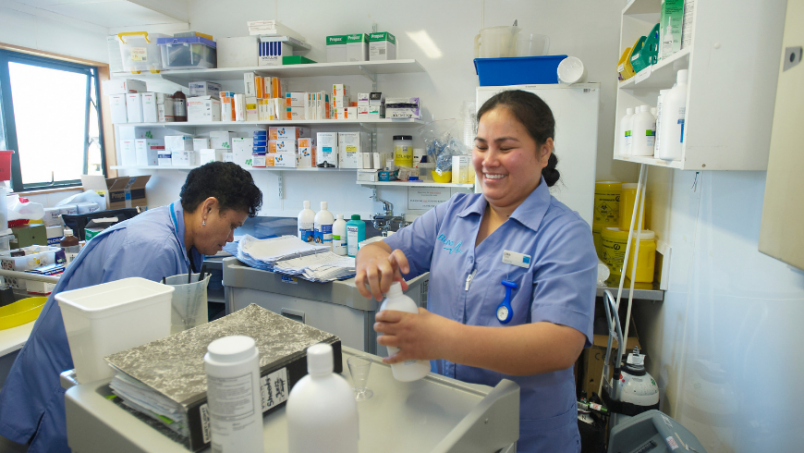
New Zealand is a big place. The weather is different, work is harder and what you see will be new.
Living in New Zealand costs a lot more than in the Pacific Islands. Life will not be easy at first. When you arrive in New Zealand you have to pay for many things, including a place to live. Basic things - like power, telephone, food and clothes - will cost much more than you are used to.
Make sure you know what you will need to start your life in New Zealand so you and your family can get what you need when you arrive.
Friends and family in New Zealand will tell you good stories – but there will be good and bad times. There are important things about living in New Zealand that you need to know. Ask them:
Watch videos of Pacific Access Category Resident Visa migrants talking about their experience of living and working in New Zealand, and how it is different from the countries they came from. Learn about why it is important to have a job before you leave, and how planning and managing your money can help you succeed in New Zealand.
Videos of Pacific Access Category migrants from Tonga
Videos of Pacific Access Category migrants from Kiribati
Videos of Pacific Access Category migrants from Tuvalu
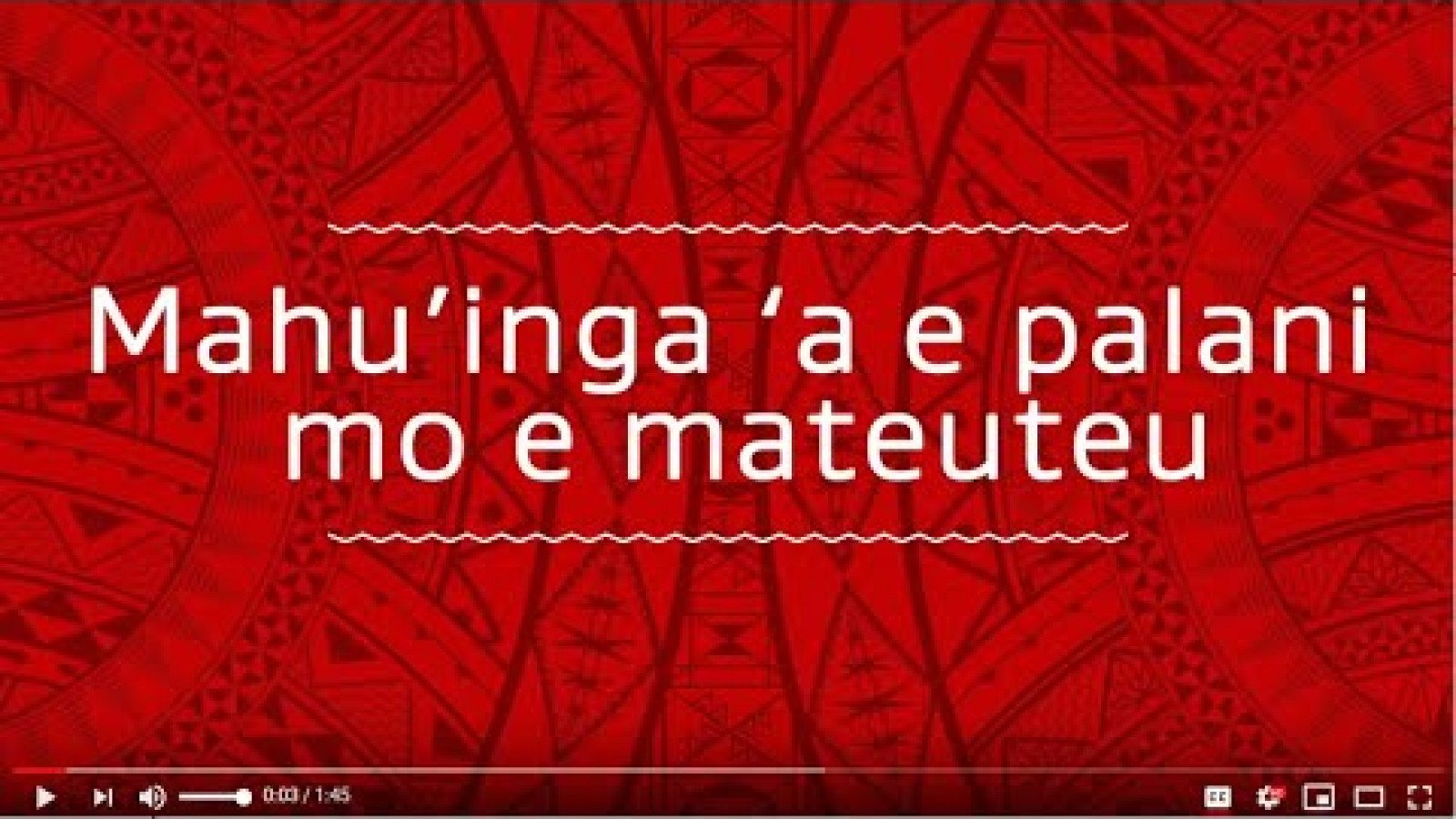
00:08
If you are still in Tonga, be disciplined in everything you do
00:14
so when you come to New Zealand , even with no work experience
00:20
you will have good discipline - you will have no problem with your new life here.
00:26
Now that I'm living and working here in New Zealand, after living and working in Tonga
00:32
I know for a fact you will succeed if you are disciplined.
00:36
I prayed about this.
00:39
I had never seen or heard of this place - but I knew
00:47
wherever I go, that's where I'll work.
00:54
When you come here you have to work to provide for your family.
01:02
If you already have good discipline
01:10
you will be ready to succeed in the new culture you will be living in.
01:17
We have to work really hard to get what we want.
01:25
We work so hard here to create more opportunities.
01:33
Even though the government gives
01:35
some financial assistance for the children,
01:37
it is still important that we also find a paid job.
Migrant stories

"In New Zealand there is more clock watching and working to a timetable. I have to work quicker. "
Be prepared to work hard in New Zealand. It is important to be responsible and committed to your job – it will help you settle well in New Zealand. Do not waste this opportunity.
Find out from friends and family about their experience working in New Zealand. Ask them:
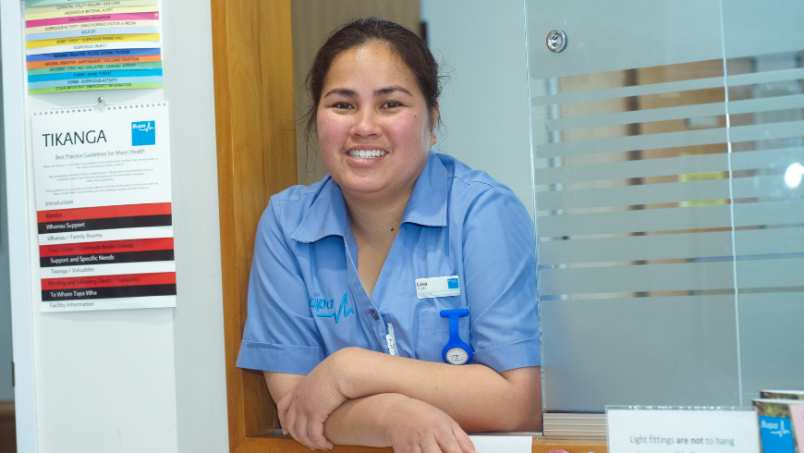
Use any time you have free now to improve your chances of success in New Zealand. Practice reading, writing and talking English. Consider getting your driver license. Look for work experience opportunities, so you have employer references you can then provide to potential employers in New Zealand. With good skills, you might find a better job sooner.
Plan and prepare to get a job that will help you find a better future.
When you get a job offer, check if it is right for you. Ask yourself:
Ask for advice and tips from friends and family who have been through the job interview process here.
Tool to build a CV | careers.govt.nz
Skills employers want | careers.govt.nz
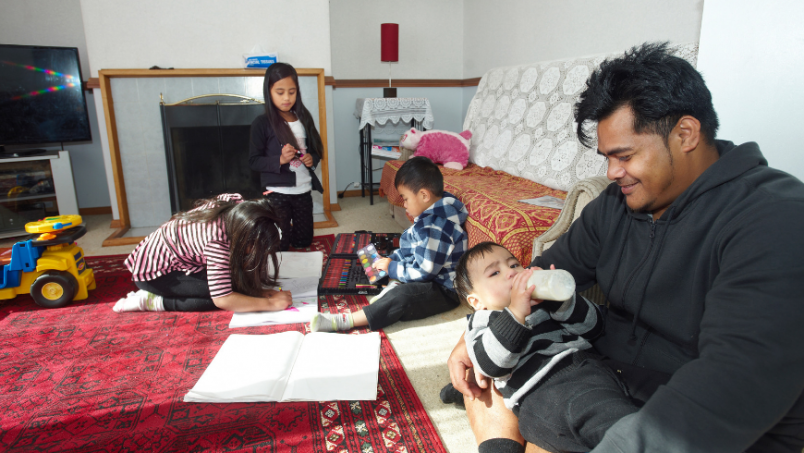
There are a lot of things for you to get ready so start preparing early.
If things are not ready at the right time your application will not be accepted, or you may have to pay more fees.
You will have to make copies of some important documents that need to be certified.
A certified copy is a photocopy of a document that has been stamped or signed by a person of authority as a true copy of the original. The person who certifies your documents must be authorised by law to take a statutory declaration in your home country or in New Zealand. People who can certify documents include lawyers, Notary Publics, Justices of the Peace, and court officials.
There are lots of documents you need for your visa application. These include evidence of your identity, citizenship, health, character, age and job offer. It is really important that you check the Immigration New Zealand website to find out exactly which documents you need.
Resident Visa Application Guide PDF [500Kb]
The closing date for visa applications will be advised around the same time as the ballot draw. If you are successful in the ballot, you will have about eight months to submit your visa application with Immigration New Zealand. You will not be able to get a time extension. Most application decisions take 3 months, but it can take up to 9 months.
Prevent delays with your application
You must provide current Police and Medical Certificates with your Immigration New Zealand application. We recommend talking to your local police and doctor about the standard time required to receive these certificates.
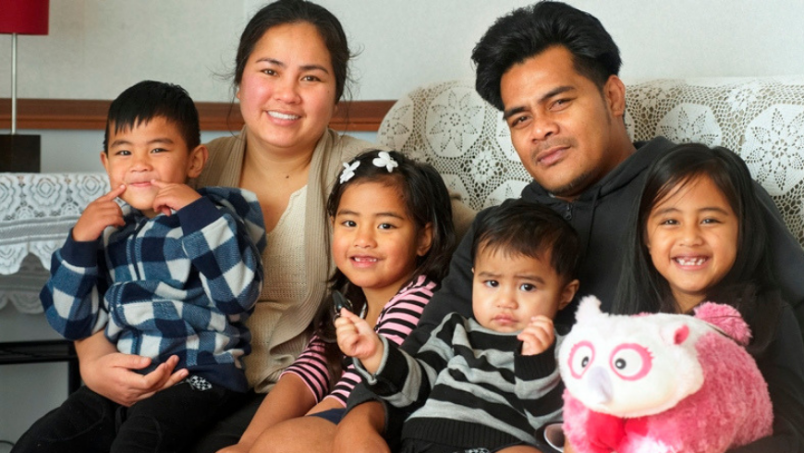
Life in New Zealand may be very different from life in the islands. Being well prepared will help you and your family feel at home sooner. Here are some things you can do to prepare.
Migrant stories
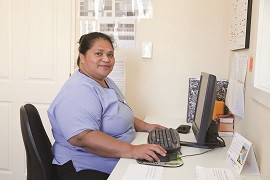
“I did my research on Oamaru, checking out schools, house rentals – a lot cheaper than Auckland – and I liked that it wasn’t crowded.”
Make sure you keep working, save up and take enough money to cover the first few months in New Zealand. You will have unexpected costs when you arrive and are settling in.
Have you saved money for:
Before you leave home, make sure:
When you pack, check that you have the following documents packed for you and your family:
Migrant stories
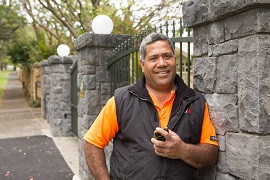
Lemeki describes how he built up a successful business in New Zealand
Even after you arrive in New Zealand your journey has just begun. Remember - visiting a country is very different to living in it. There will be many more things to learn. You will not be able to just go back home when times get tough.
Sometimes, to be sure you understand and are understood, it can be helpful to have the support of an interpreter in your own language.
If you are needing to contact a government agency or use one of its services (including, hospitals, police, justice or NZ Immigration) you can ask for the assistance of an interpreter.
Just let the government agent know which is your preferred language. This service is free for you.
Your local Citizens Advice Bureau (CAB) will also be able to help you and answer any of your questions with the help of an interpreter.
The government interpreting assistance is available"24/7" - 24 hours a day, seven days a week. It could be useful to learn in English to say ‘I need an interpreter for ________ language’.
Sign up to receive relevant job opportunities from New Zealand employers and practical advice on how to make your move to New Zealand a reality.